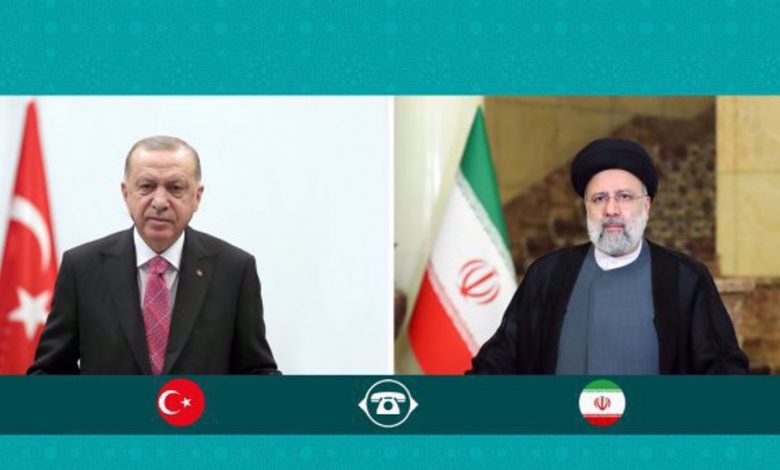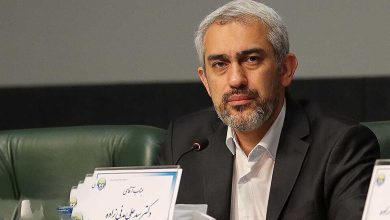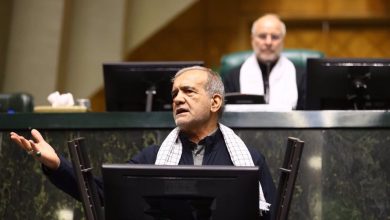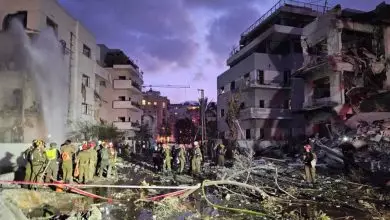Iran ready to send aid to Gaza, cooperate with all countries to end ‘israel’s’ atrocities, Raeisi tells Erdogan
Iranian President Ebrahim Raeisi says Tehran is ready to cooperate with all countries to dispatch humanitarian aid to the besieged Gaza and use diplomatic capacities to stop Israel's crimes against the Palestinian people there.

Iranian President Ebrahim Raeisi says Tehran is ready to cooperate with all countries to dispatch humanitarian aid to the besieged Gaza and use diplomatic capacities to stop Israel’s crimes against the Palestinian people there.
Raeisi made the remark in a phone conversation with Turkish President Recep Tayyip Erdogan on Monday amid the Israeli regime’s ongoing deadly war against the Palestinian territory of the Gaza Strip.
He warned against the spillover of the ongoing developments in Gaza to other parts of the region should Israel refrain from ending its criminal attacks in the strip.
He added that Israel’s savage attacks once again proved that it is a “racist and anti-human regime” and commits every crime to achieve its own goals.
He once again condemned Israel’s heinous crimes against the oppressed people of Gaza, urging the Muslim world to confront the regime’s criminal acts and make efforts to end the barbaric attacks on the defenseless women and children in the Strip.
Stressing that every minute and second matter in stopping Israel’s brutal attacks on Gaza, Raeisi said, “The Muslim nations and the oppressed Palestinian people expect the Muslim world to use all its capacities to stop the usurping regime’s crimes.”
He urged the Muslim world to put an end to Israel’s genocide and crime against humanity, lift the siege of Gaza and deliver basic items to the people in the tiny sliver.
The Iranian president also stressed the importance of strengthening convergence among the Muslim, neighboring and regional countries and using the capacity of agreements on regional cooperation such as the Organization of Islamic Cooperation to end the Zionists’ oppression.
Palestinian resistance movement Hamas launched Operation Al-Aqsa Storm on October 7, penetrating deep into the territories occupied by the Israeli regime, by carrying out large-scale air, land, and sea strikes.
The group said the operation was a reaction to the recurring desecration of al-Aqsa Mosque in occupied al-Quds as well as intensified Israeli atrocities against Palestinians in the occupied West Bank.
Israel responded with intensive airstrikes on civilian targets in the Gaza Strip, killing at least 2808 Palestinians in Gaza and wounding some 10,859 others, according to the territory’s health ministry.
The regime has also intensified the siege of Gaza, leaving the city, home to more than 2.3 million Palestinians, without water, electricity, fuel and internet.
For his part, Erdogan also expressed concern over the developments in Gaza and the relentless bombing of residential areas and civilians living in the besieged area.
He said Turkey condemns Israel’s savage acts against Palestinians and is making efforts to help the people of Gaza.
He slammed the presence of US warships in the region and the bombing of the Aleppo and Damascus airports in Syria which he warned would spread the conflict to other parts of the region.
Erdogan said establishing a ceasefire, stopping the attacks and lifting the blockade imposed on Gaza are among important and fundamental priorities to control the situation at the current sensitive juncture.







